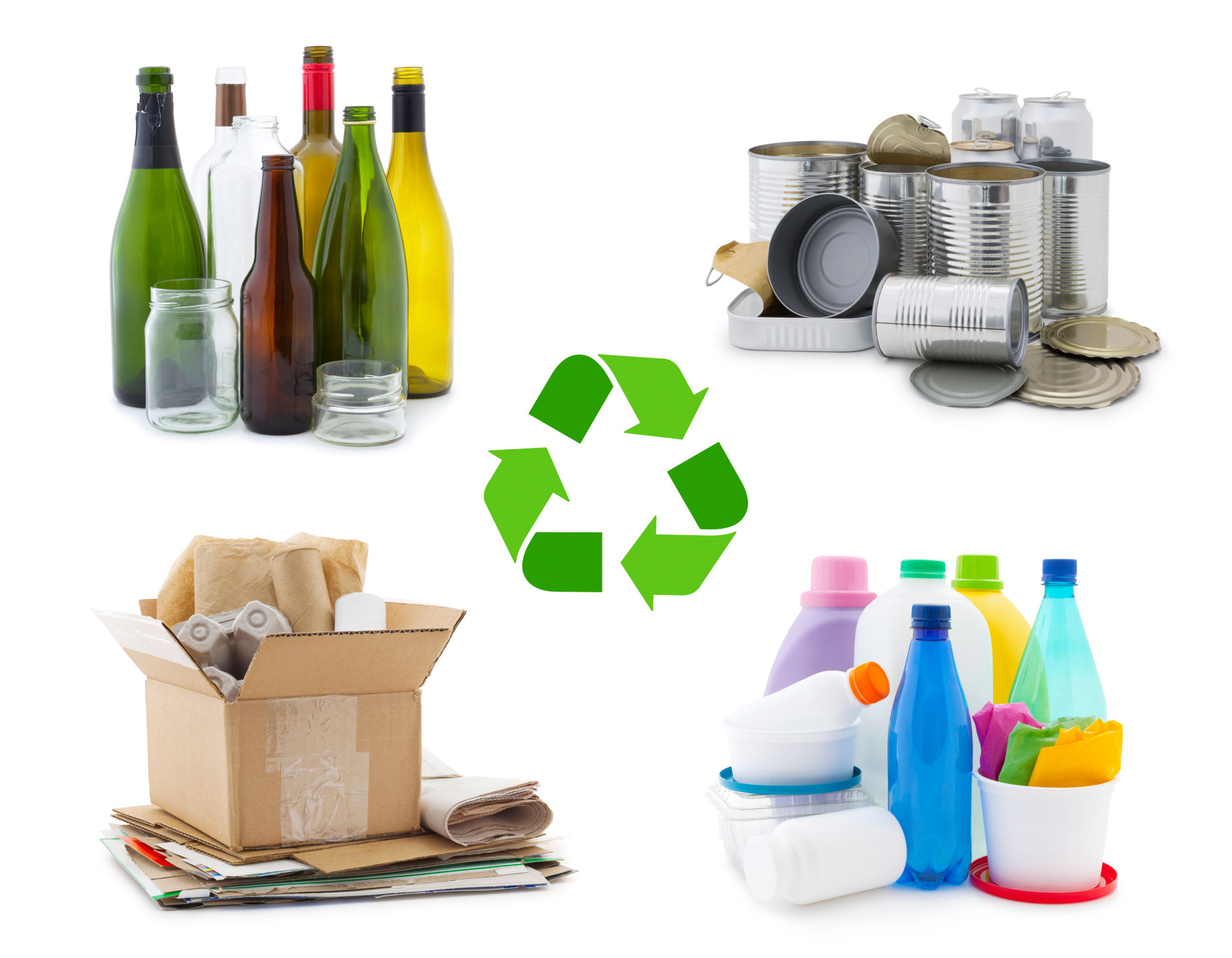Sustainable Waste Solutions for Texas Businesses: A Step-by-Step Guide
In recent years, sustainable waste management has become a critical concern for businesses in Texas. With increasing awareness of environmental issues, companies are looking for ways to reduce their ecological footprint and contribute to a healthier planet. Implementing sustainable waste solutions is not just an ethical choice but also a strategic one that can lead to cost savings and improved brand reputation.

Understanding Your Waste
The first step in creating a sustainable waste management plan is understanding the types of waste your business generates. Conduct a waste audit to identify the different categories, such as organic waste, recyclables, hazardous materials, and general trash. Knowing the composition and volume of your waste will help you develop targeted strategies for reduction and diversion.
Conducting a Waste Audit
A waste audit involves sorting and measuring your business waste over a specific period. This process provides valuable insights into where you can improve and reduce waste generation. Start by gathering data on the various waste streams and document the findings to track progress over time.

Reduce, Reuse, Recycle: The Three R's
Once you understand your waste profile, the next step is to implement the principles of reduce, reuse, and recycle. Reducing waste at the source is the most effective way to minimize environmental impact. Encourage employees to be mindful of resource use and invest in products with minimal packaging.
Implementing Reuse Strategies
Look for opportunities to reuse materials within your operations. For instance, repurpose shipping containers or pallets, and encourage the use of refillable or returnable packaging. Creating a culture of reuse can significantly cut down on waste output.

Establishing a Recycling Program
Recycling is a crucial component of sustainable waste management. Set up a comprehensive recycling program that includes clearly labeled bins for different materials such as paper, plastics, metals, and glass. Partner with local recycling facilities to ensure that materials are processed responsibly.
Employee Engagement and Training
For any waste management strategy to succeed, it is essential to engage and educate employees. Provide training sessions on proper sorting techniques and the importance of sustainability. Encourage participation by creating incentives or recognition programs for those who contribute innovative ideas or achieve reduction goals.

Partnering with Waste Management Services
Consider partnering with waste management services specializing in eco-friendly practices. These partners can offer valuable guidance on optimizing your waste management processes and ensuring compliance with local regulations. Additionally, they can help identify new opportunities for waste diversion and energy recovery.
Monitoring and Adjusting Strategies
Sustainable waste management is an ongoing process that requires regular monitoring and adjustments. Keep track of key metrics such as waste diversion rates and cost savings to evaluate the effectiveness of your strategies. Use this data to make informed decisions and continuously improve your waste management plan.
By following these steps, Texas businesses can develop practical and sustainable waste solutions that benefit both the environment and their bottom line. Embracing sustainable practices not only demonstrates corporate responsibility but also positions businesses as leaders in environmental stewardship.
